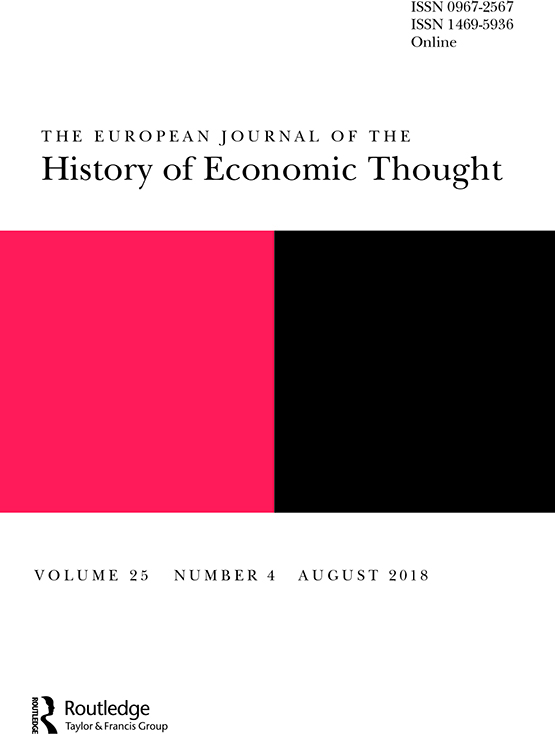tandfonline.com har udgivet en rapport under søgningen “Teacher Education Mathematics”:
Abstract
Abstract
The Italian Enlightenment is one of the great intellectual achievements of Europe’s siècle des lumières. Its two branches, the Lombard branch together with the Neapolitan, both cooperate to producing perhaps the greatest overall contribution of Italian culture to the development of a modern European tradition of civil rights and enlightened governance. After the Second World War, there has been an intense flourishing of Italian studies, with a worldwide readership, on the Enlightenment and on the Italian Enlightenment in particular. This has been a response to the emerging need for deeper research on the roots of western culture and on the civic values of our societies so much shattered by the traumatic experiences of a new kind of war savaging our cities especially in Europe. Economic analysis is the core issue of the Italian Enlightenment. The economic discipline – originally called Civil economy in eighteenth century Naples and Cameral science (or Public economy) in Milan – was indeed prominent in the historical experience of the Italian Enlightenment, although the prominence of the discipline is only imperfectly reflected in much of the recent historiography. This paper belongs to a new developing line of research on the Italian Enlightenment rooted in a retrieval of the economic discipline of the time. Italy is the country where the first economic Chairs worldwide were created in Universities during the second half of the eighteenth century. This article presents a comparison and reciprocal integration of the two main schools in Italy, the Milanese and the Neapolitan, through the works and influence of the two incumbents to the respective Chairs, Antonio Genovesi in Naples, from 1754, and Cesare Beccaria in Milan, from 1769. The two Professors turn out to have much in common and in particular a clear economic perspective appears to be at the root of the whole of their literary production. A special attention is given to the Lezioni of Genovesi and the Elementi of Beccaria, reflecting the actual teaching of the two masters in their respective lectures.
